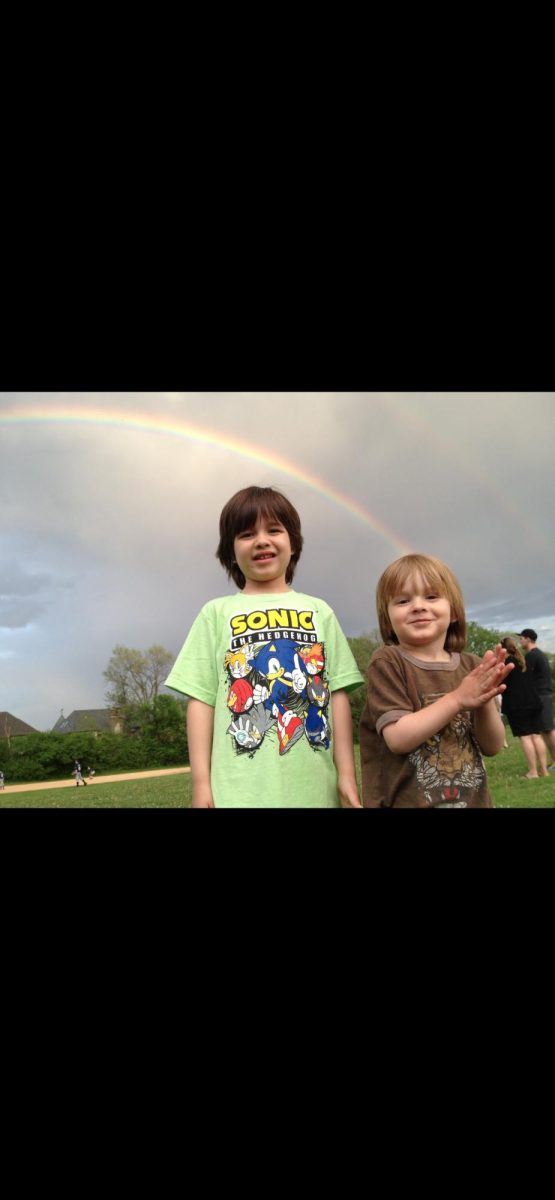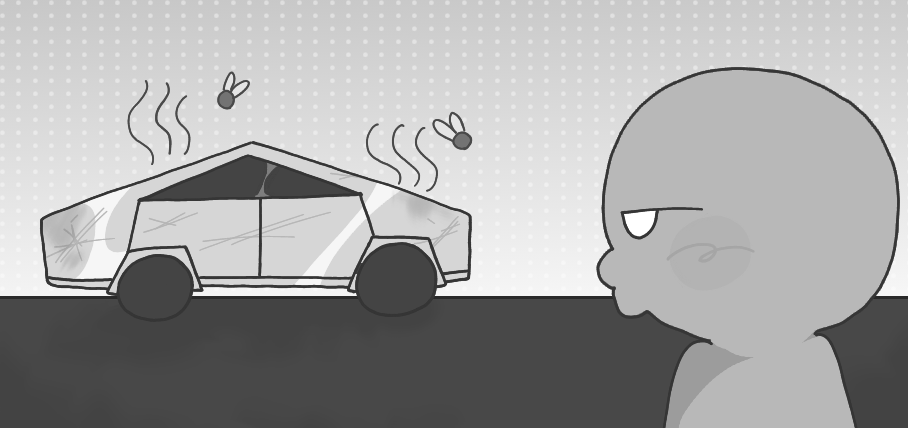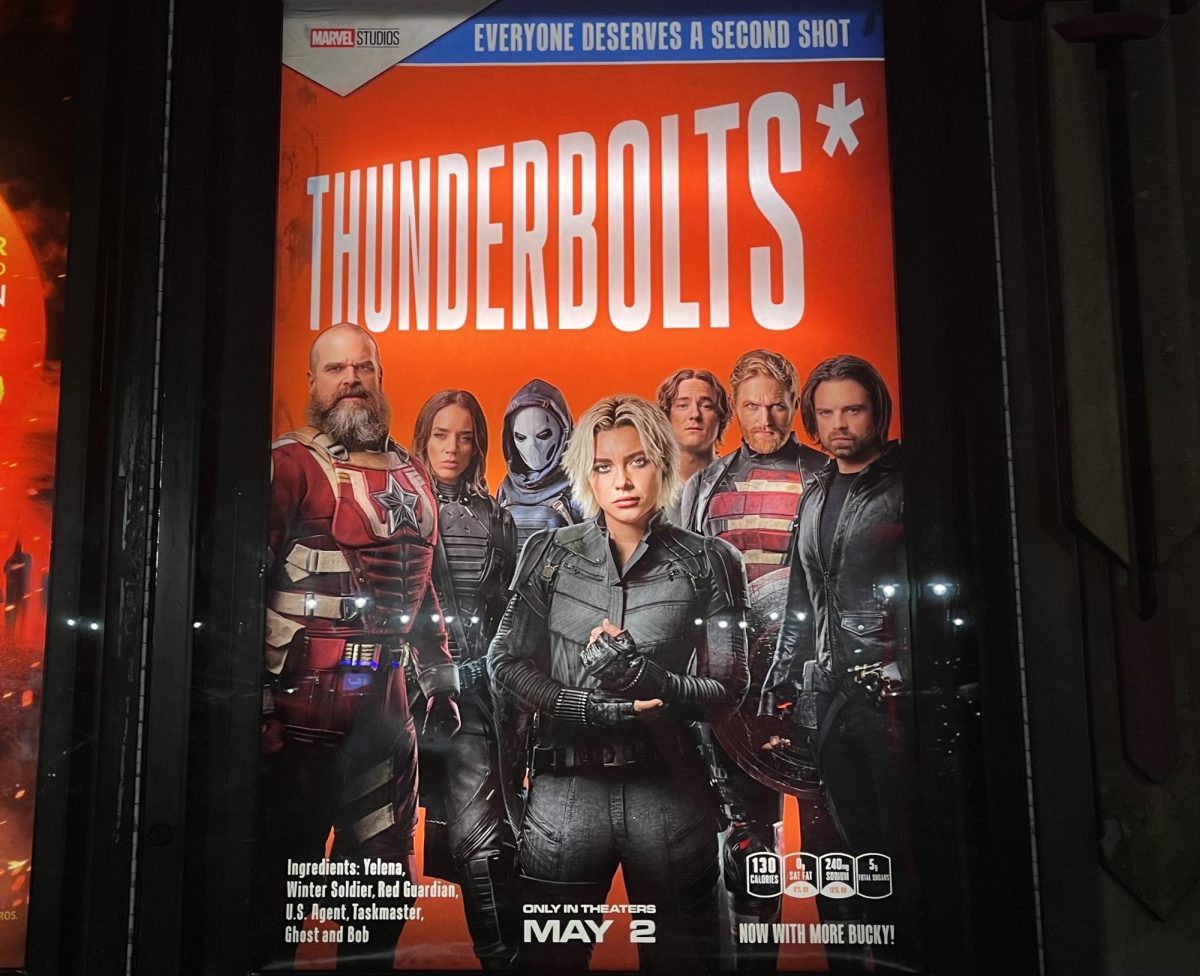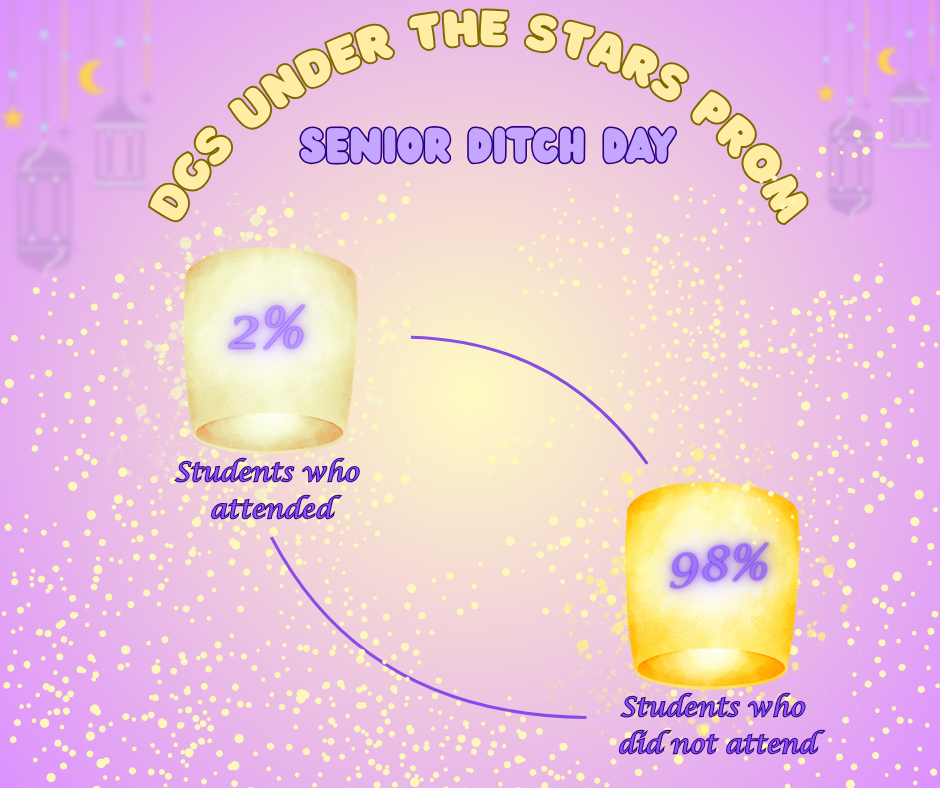Whenever one looks at the news, it feels like the world is on fire: the economy is crashing, tensions are rising with other countries and the climate crisis is accelerating. These global issues may seem distant, but their ripple effects still reach our community. While DGS’s responses might not make global headlines, they remain deeply significant.
An organization that is constantly monitoring the state of the world is the Bulletin of the Atomic Scientists; they are individuals who focus their scientific research on the global state. They’re most known for their “Doomsday Clock,” which marks the “seconds to midnight,” or how close humanity is to disaster.
Social studies teacher Jordan DeLay believes the clock has significance beyond the numbers on its hands.
“It’s a powerful symbol that reminds me how close we are to global crises, whether it’s climate change, emerging technologies, nuclear threats or other global challenges. It makes me concerned, especially because [the clock] highlights how little meaningful progress we’ve made. It’s a wake-up call, and yet it feels like we keep hitting snooze,” DeLay said.
The clock currently stands at 89 seconds to “midnight,” the closest the clock has approached the midnight chime. By comparison, the fear surrounding the humanity-ending Hydrogen bomb in 1953 moved the clock to 120 seconds. After the Cold War, the clock moved furthest from midnight to 17 minutes in 1991.
Major factors that impact the clock include nuclear tensions and climate change.
Senior Andjelina Kostic is concerned about escalating tensions between the U.S. and other nations, including the extreme consequences that could follow.
“What worries me about our relations with countries like Russia or China is what could happen if they declare war over the tariffs that the U.S. imposed. Because of alliances like NATO being so large, I’m worried about how big the war would be,” Kostic said.
Junior Joseph Aye shares similar concerns about the deteriorating international relationships.
“We are currently at odds with our allies, largely because of tariffs,” Aye said.
The Carnegie Endowment for International Peace claims that the rising tensions between nuclear-armed states – more specifically, the U.S., China, Russia and North Korea – increase the possibility of an all-out nuclear war. While seeming far-fetched, the ongoing tariff war is straining diplomacy rather than strengthening it.
According to JP Morgan, recessions in Canada and Mexico are likely, with many European and Asian countries following suit as a result of recent tariffs enacted by the Trump administration. Americans are predicted to pay an additional $660 billion a year due to tariffs. Similarly, CNN reports that due to the trade war between the U.S. and China, Americans will pay 16.5% more in import taxes in 2025 than te previous year.
“As an adult, the economy feels like something I’m constantly trying to stay ahead of. It’s stressful, and even when you do everything ‘right,’ it can still feel like you’re just treading water,” DeLay said.
Junior Nico Kharat keeps stays informed about global developments and how they affect people’s lives.
“I’m specifically scared about the [relations] with China and Canada because they are some of our biggest suppliers and manufacturers. I did see that a lot of the world leaders came together to form an alliance against the U.S., which is insane in itself, but that just means a lot of our prices are going to increase in unprecedented amounts,” Kharat said.
Concerned about her future, Kharat makes it a point to stay updated.
“[I’ve heard that] every time there’s been an insane increase in tariffs, there’s always been some sort of recession or depression that follows immediately after, which is alarming to say the least. I’m about to go into college and l’m a junior; I’m going to be looking for job opportunities and people won’t have money to spare to hire new people,” Kharat said.
According to US Bank, the unemployment rate rose to 4.2% in 2025, up from 3.7% the previous year. The job market is often monitored as an economic indicator; a rise in unemployment suggests a weakening economy.
“I feel as though the country is struggling economically, but the rest of the world is dealing with it in a way that minimizes the negative impact of our actions. Because of this, America is falling behind in the international markets, and although some tariffs are being repealed, we have already suffered from their institution. This worries me because our country is falling behind; this setback may have been temporary, but its effects will be long-lasting,” Aye said.
On top of economic uncertainty, both the world and the Downers Grove community must face the effects of climate change on the future.
“Climate change is pretty heavily interlinked with capitalism. Industrialism as a whole [contributes to] the increased levels of global warming and pollution. There is no doubt a correlation between the two,” Kharat said.
According to Axios, just 36 companies were responsible for 52% of carbon dioxide emissions in 2023. NASA states that with the rise of carbon dioxide and other pollutants in the atmosphere, glaciers are continuing to melt and sea levels are continuing to rise, threatening coastal communities. Moreover, the increase in greenhouse gases contributes to more severe natural disasters and weather damage.
According to National Geographic, Tornado frequency in the Midwest has increased, which was deemed inevitable with the worsening of climate change. Additional warm air for tornadoes to form causes major tornado outbreaks. Tornadoes were already common in Illinois, but now they have an easier time forming and can cause significant destruction.
Among these global challenges, one question remains: how are the people in the Downers Grove community responding?
“When I think about my kids, I worry about the opportunities they’ll have. I want them to feel secure and optimistic about their futures, but right now, it’s hard not to question what kind of world they’ll inherit,” DeLay said.
“I’m about to enter the adult world, and I’m scared for not just my future but the future of the world. I don’t want to be the last generation to see animals like polar bears, which rely on cold weather and glaciers. A lot of things in our natural world are going to disappear because of us and the pollution we create, “ Kostic said.
“I feel there are a lot of social standards students follow that eventually prevent them [from] speaking their minds or sharing what they want to share. In other places in America, a lot of students are censored; It’s more like peer pressure that prevents people from taking action and actually committing to things,” said Kharat.
“It is difficult for anyone to make their voice heard, [but] there are people our age who have been able to inspire change, such as Greta Thunberg. But the majority of those who have something to say are still not heard,” Aye said.
Downers Grove community members have noted awareness of global tensions, economic hardship and climate change. Aye and Kharat suggest that peer pressure and concerns about being heard may discourage people from speaking out against these issues. However, they believe open conversations could create a more secure future for the Downers Grove community by motivating students to speak out and create meaningful change.
“Honestly, it doesn’t always feel easy. The problems we’re facing can seem so big and far-reaching that it’s hard to know where to start. Whether it’s voting, staying informed, speaking out, or just supporting causes we believe in—those things add up; The key is not giving in to hopelessness,” DeLay said.



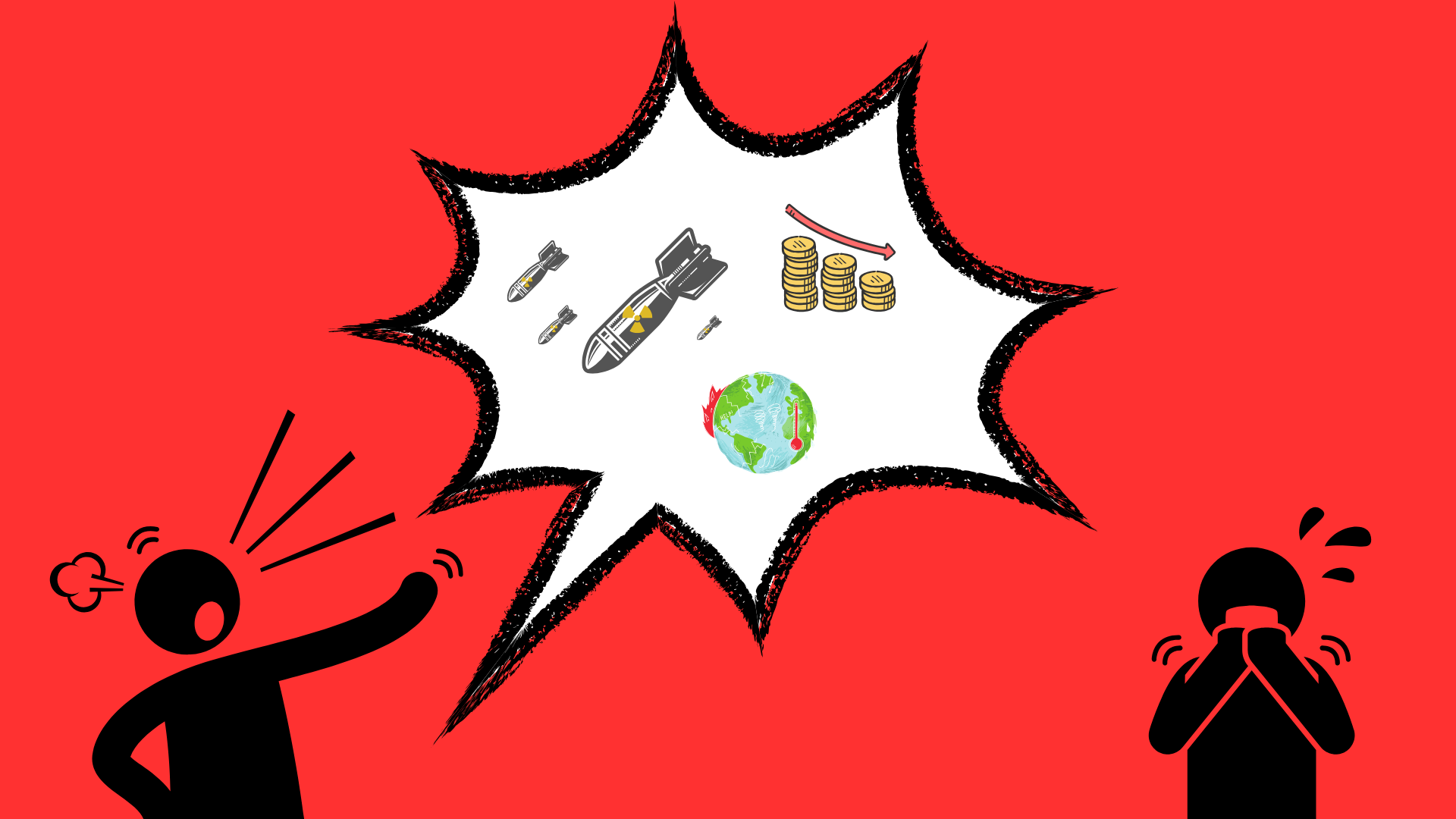



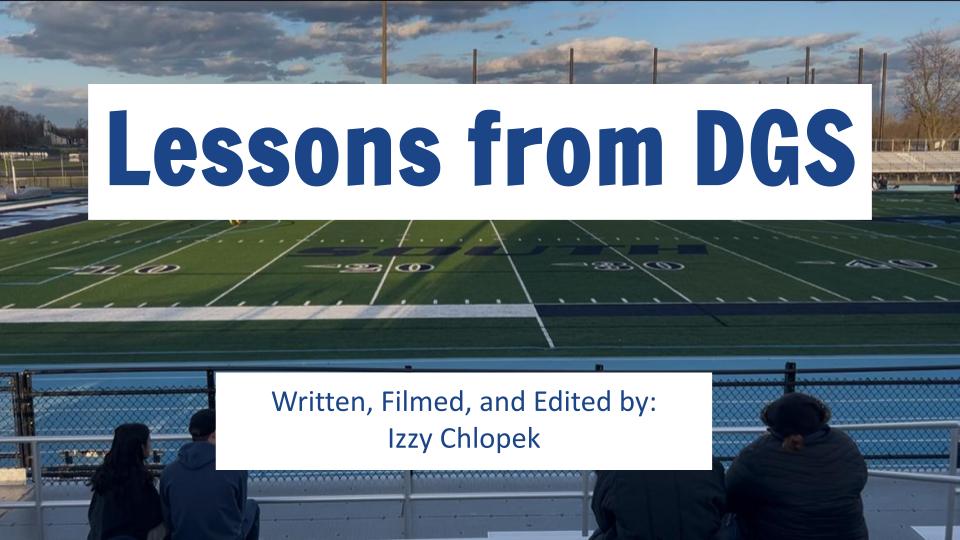

![In this documentary, you will learn how violins are made. All music is in the public domain:
Music Produced by Deutsche Grammophon, Medici TV, Heifetz Institute, and Queen Elisabeth competition
Paganini, Caprice No. 24 [Song recorded by Jasha Heifetz]. Heifetz Institute. (Original work published 1817)
Paganini, Caprice No. 24 [Song recorded by Jasha Heifetz]. Heifetz Institute. (Original work published 1817)
Bartok, Sonata No.1 for Solo Violin [Song recorded by Kevin Zhu]. Queen Elizabeth Competition. (Original work published 1944)
Paganini, Violin Concerto no. 1 [Song recorded by Philippe Hirshhorn]. Queen Elizabeth Competition. (Original work published 1819-1825)](https://southblueprint.com/wp-content/uploads/2025/05/Screenshot-2025-05-07-122429-1200x668.png)
